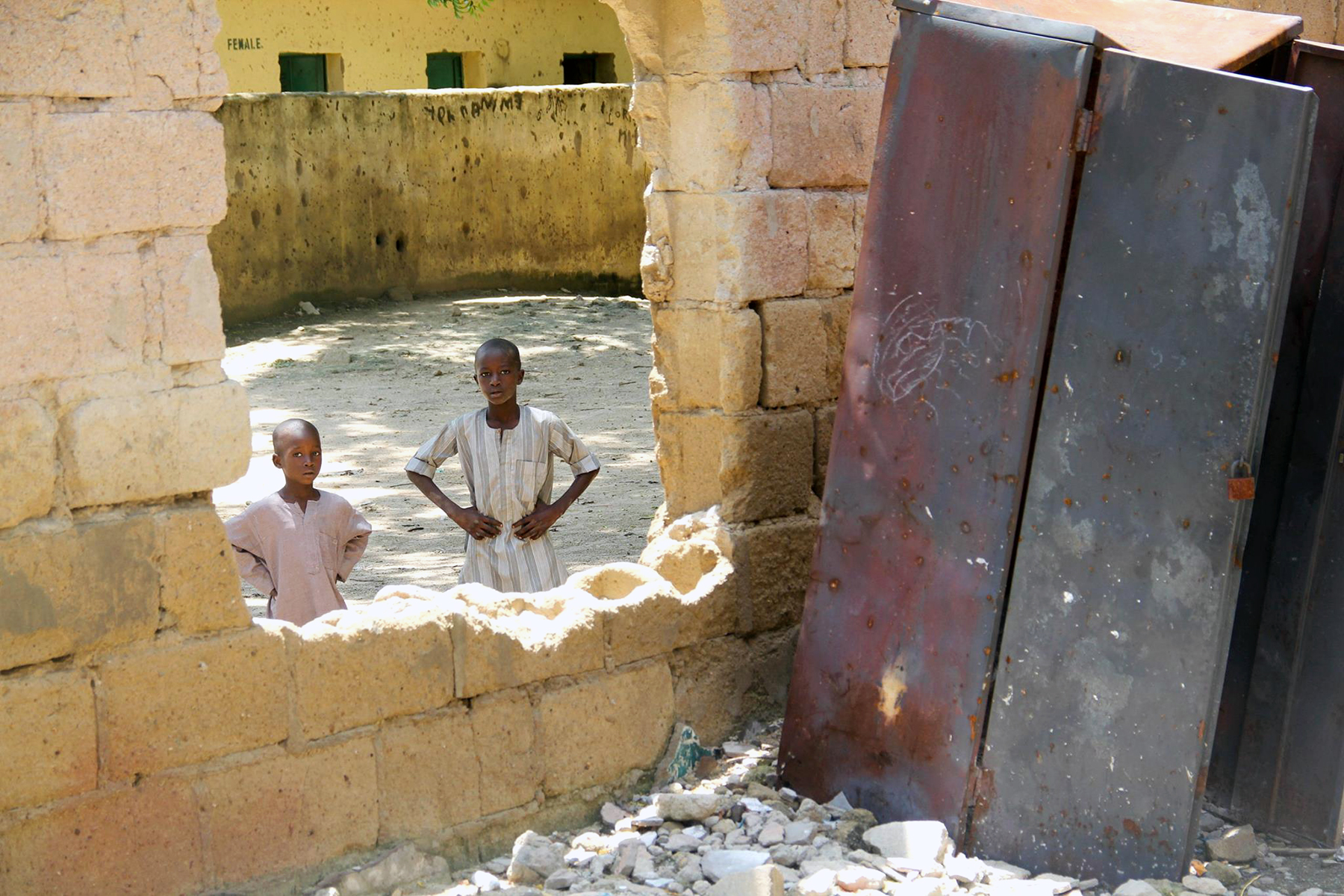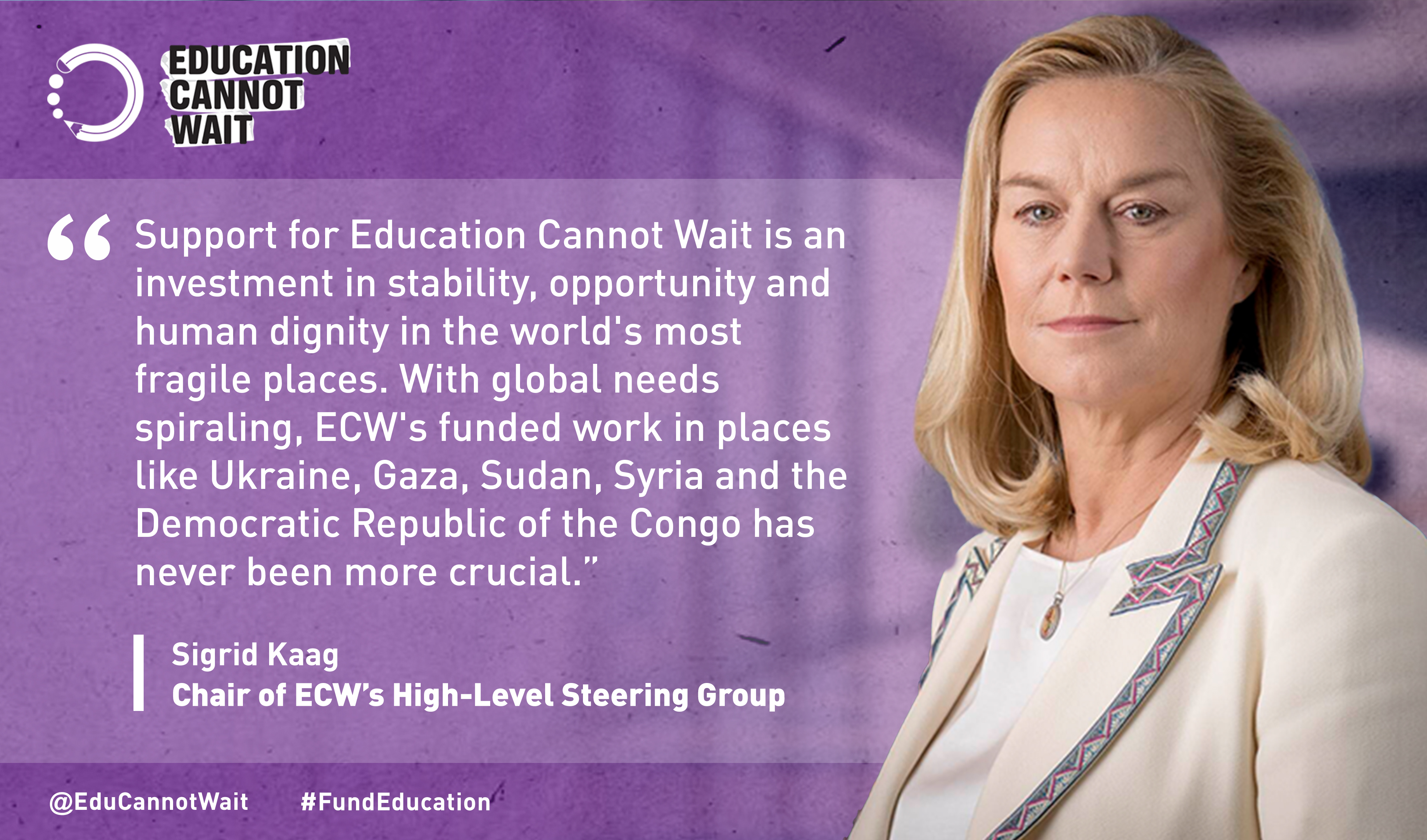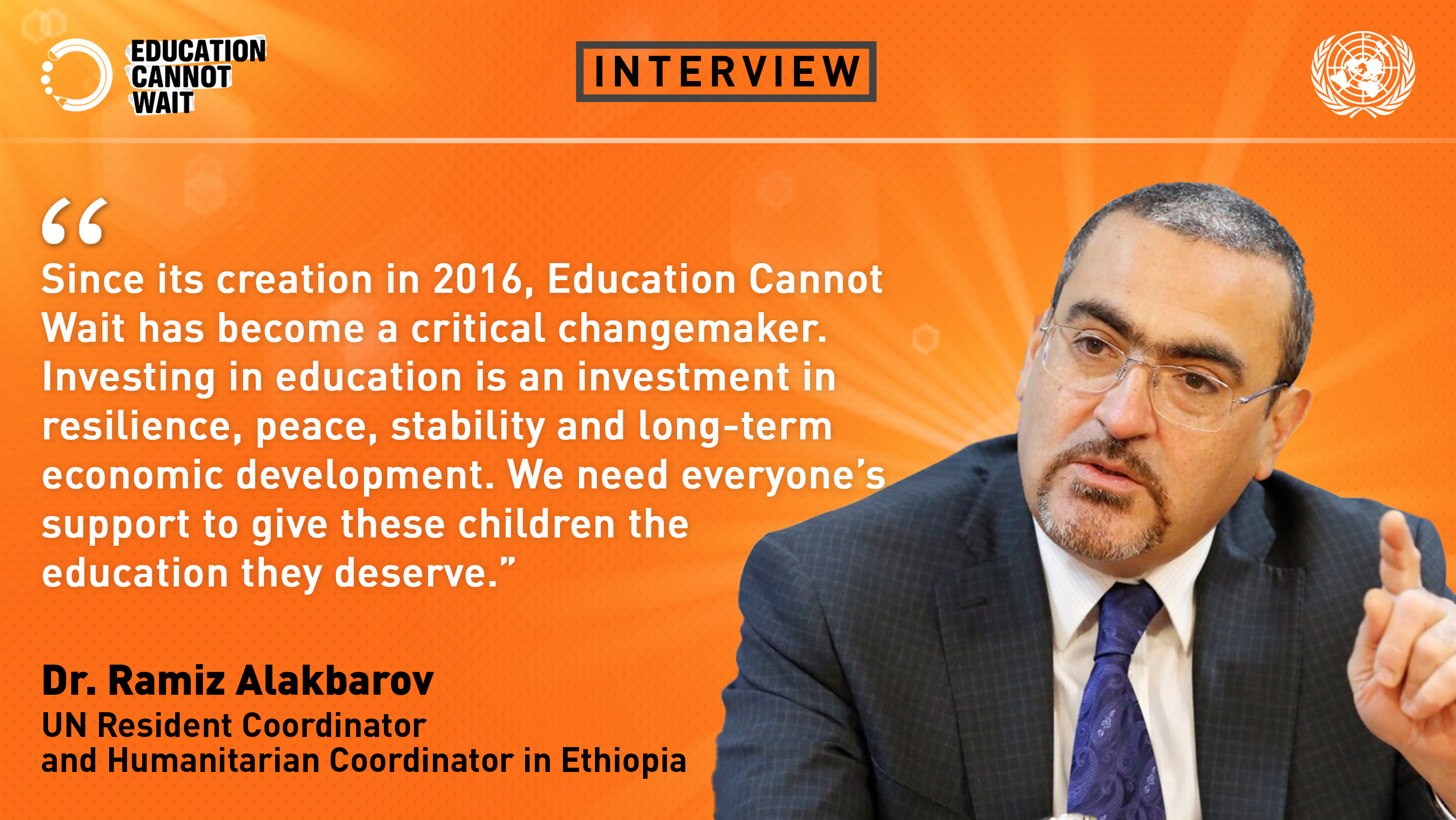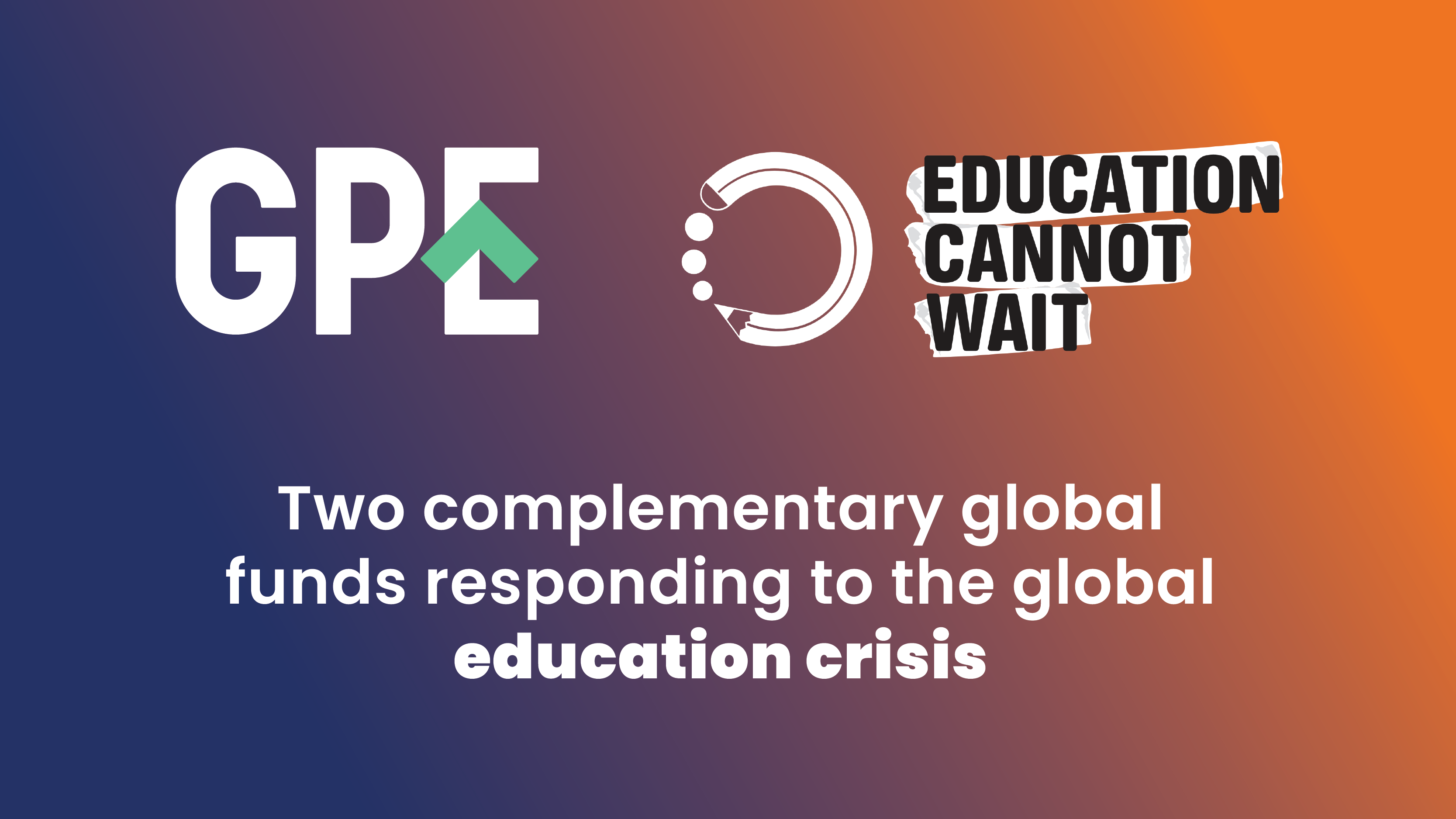Gem Report Calls for Fundamental Changes to Education for Children in Crisis

By Aaron Benavot, Director, GEM Report
We are running 50 years late in meeting education targets. That’s the headline for the latest Global Education Monitoring (GEM) report, which calls for an urgent and fundamental change of what and how education is being designed, accessed and delivered around the world.
On current trends assessed in the report, the world will achieve universal primary education in 2042, universal lower secondary education in 2059 and universal upper secondary education in 2084. This will leave the world around half a century late for the 2030 deadline for the Sustainable Development Goals set last year by the global community.
This is much too long to wait, considering today 263 million children are still out of school and in places like Syria, an entire generation are missing out on their education because of war.
It is clear that armed conflict is one of the greatest obstacles to progress in education. In fact, more than a third of primary school-aged children and a quarter of adolescents who are out of school live in conflict-affected areas. Protracted crises have destroyed education systems, and uprooted more than 20 million children and young peoples from their homes. Refugee children are more than five times more likely to be out of school than non-refugees.
But the Report goes a step further, looking at the intertwined relationship between education inequalities, unrest and violent conflict. We are challenged to remember that, depending on the way an education system is designed, it can reduce or eliminate conflict on the one hand, just as it can lead towards frustration and unrest on another. For instance, across 22 countries in sub-Saharan Africa, regions that have very low average education had a 50 per cent chance of experiencing conflict within 21 years, while the corresponding interval for regions with very high average education was 346 years.
The links between education and peace do not stop at simple peace education programmes. Stable peace, the new publication shows, is more likely in societies where people are educated in ways that help them access political information and participate in political processes.
Active participation in political processes, including being able to read newspapers and analyse political broadcasts enables people to understand and engage with the underlying causes of social problems at the local and global levels. It also makes the electorate and polity more representative of society, holds governments more effectively to account and helps enforce constitutionally guaranteed rights.
The GEM Report outlines recommendations for pushing education forward in the 21st century. A selection of these recommendations are below. More can be found in the full report.
- For refugees and internally displaced persons, implement policies that expand the pool of qualified teachers proficient in their languages, and address the issue of official validation and certification of learning by refugees. Refugees who were teachers in their home countries could be an important resource.
- Promote learning emphasizing the values of tolerance and peace education to help build less violent and more constructive societies.
- Ensure curricula and learning materials are not biased or prejudiced against ethnic and minority groups.
- Engender resilience in students and communities in post-conflict societies through curricula, teacher training, transitional justice programmes and supporting integrated schools.
- Incorporate education into official foreign policy, transitional justice efforts and the peacebuilding agenda when trying to prevent and recover from conflict situations.
Ultimately, we must design and promote education programming that is cross-sectoral and reaching the most marginalized, particularly in humanitarian emergencies. Education systems in their entirety, including through textbooks and the curriculum, through teacher training, pedagogy styles and approaches to equity, must reflect the power they have to maintain or challenge peace. The Sustainable Development Goals depend on it.



